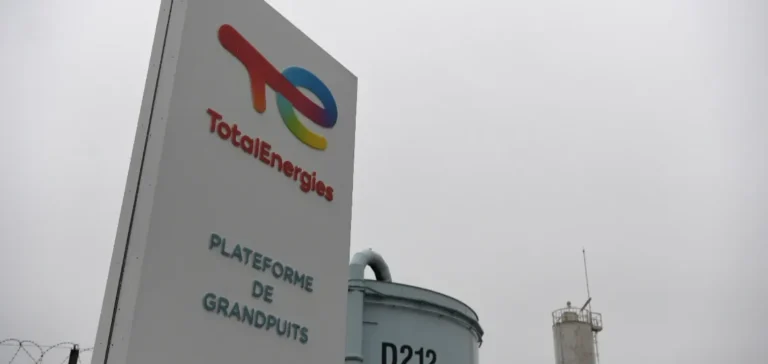TotalEnergies has announced the appointment of Nicola Mavilla as Director of Exploration, effective from November 1, 2025. He will replace Kevin McLachlan, who has held the position since 2015, and will oversee the French group’s global oil and gas exploration activities.
With a 25-year career in the sector, Nicola Mavilla began at Eni in 2002, where he led strategic operations across multiple continents. His roles included exploration manager in Libya and Norway, exploration director for West Africa, the Americas and Northern Europe. Most recently, he was in charge of Eni’s exploration projects, after serving as managing director of Eni Côte d’Ivoire. Mavilla holds a PhD in geology from the University of Bordeaux.
A strategic leadership change
The exploration division plays a central role in TotalEnergies’ strategy, with the company investing around $1bn annually in exploration and appraisal programmes. Efforts are focused on areas with the potential to deliver low-cost resources, with an aim to reduce the carbon intensity of future operations.
In recent years, TotalEnergies’ exploration branch has led several campaigns resulting in major discoveries, notably in Suriname and Namibia. These projects have strengthened the group’s upstream portfolio in regions considered strategic for its long-term production ambitions.
Global stakes for future exploration
The Director of Exploration has direct responsibility for identifying new reserves and selecting future investment targets. Decisions at this level have a direct impact on upstream performance and the profitability of oil and gas development projects.
Nicola Mavilla’s appointment comes at a time when major oil companies must adapt to rapidly shifting energy markets, balancing competitiveness, regulatory pressures and price volatility. His experience in geologically and economically high-potential areas could prove critical in executing the next wave of exploration campaigns.






















